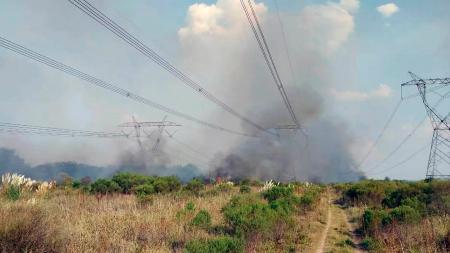A study published by the Institute for Applied Economic Research (Ipea) draws attention to a critical problem in Brazil that mainly affects women: the estimated number of cases of rape in the country per year is 822,000, the equivalent of two per minute.
The study was based on data from the National Health Survey, from the Brazilian Institute of Geography and Statistics (PNS/IBGE), and from the Notifiable Diseases Information System (Sinan), from the Ministry of Health, with 2019 as the reference year. According to Sinan, the highest number of rape cases occur among young people, with the age peak at 13 years old.
Based on this estimate, Ipea also calculated the attrition rate for the country, that is, the proportion of estimated cases of rape that are not identified either by the police or by the health system. The conclusion is that, of the 822,000 cases per year, only 8.5% come to the attention of the police and 4.2% are identified by the health system.
“The picture is serious, because, in addition to impunity, many rape victims are neglected in terms of health, since, as the authors point out, sexual violence against women is often associated with depression, anxiety, impulsivity, eating disorders , sexual and mood disorders, changes in sleep quality, in addition to being a risk factor for suicidal behavior”, says Ipea.
As for the relationships between aggressors and victims of rape, four main groups can be noted: partners and former partners, family members (not including relationships between partners), friends/acquaintances and strangers.
In this scenario, the estimate of 822,000 rapes per year is, according to those responsible for the research, conservative. An Ipea researcher and one of the authors of the study, Daniel Cerqueira, stated that there is a lack of specialized research on sexual violence covering the universe of the Brazilian population. According to him, a limitation of the analyzes is that they are based entirely on an administrative record base (Sinan).
“Registration depends, in most cases, on the decision of the victim, or his family, to seek help from the Unified Health System,” said the researcher in a note. According to Ipea, in this way, the number of reported cases differs “substantially from the actual prevalence, as many victims end up not presenting themselves to any public agency to register the crime, either because of shame, a feeling of guilt, or other factors”.
















